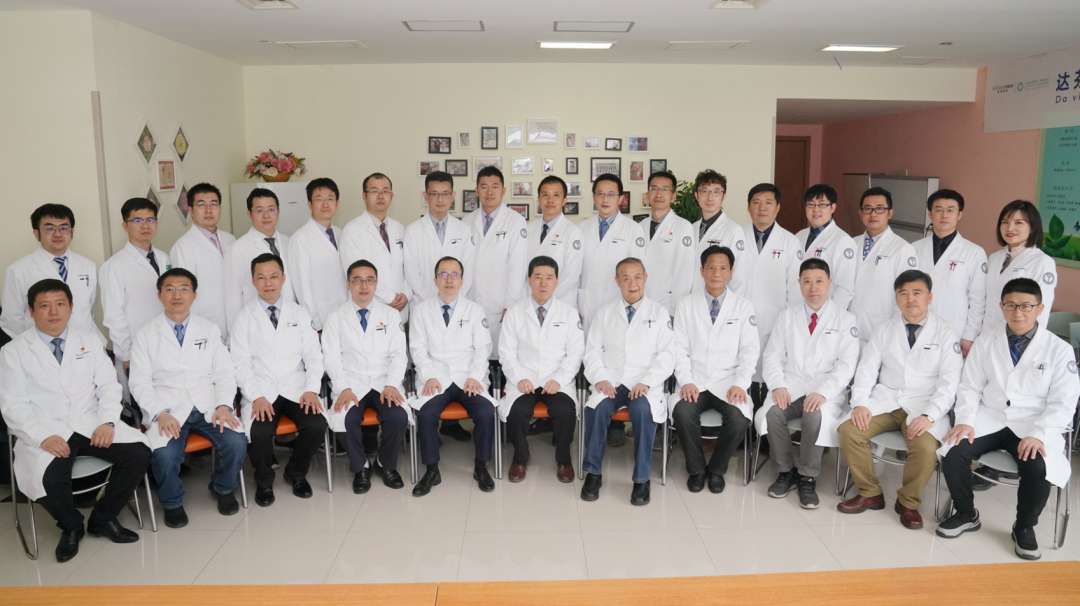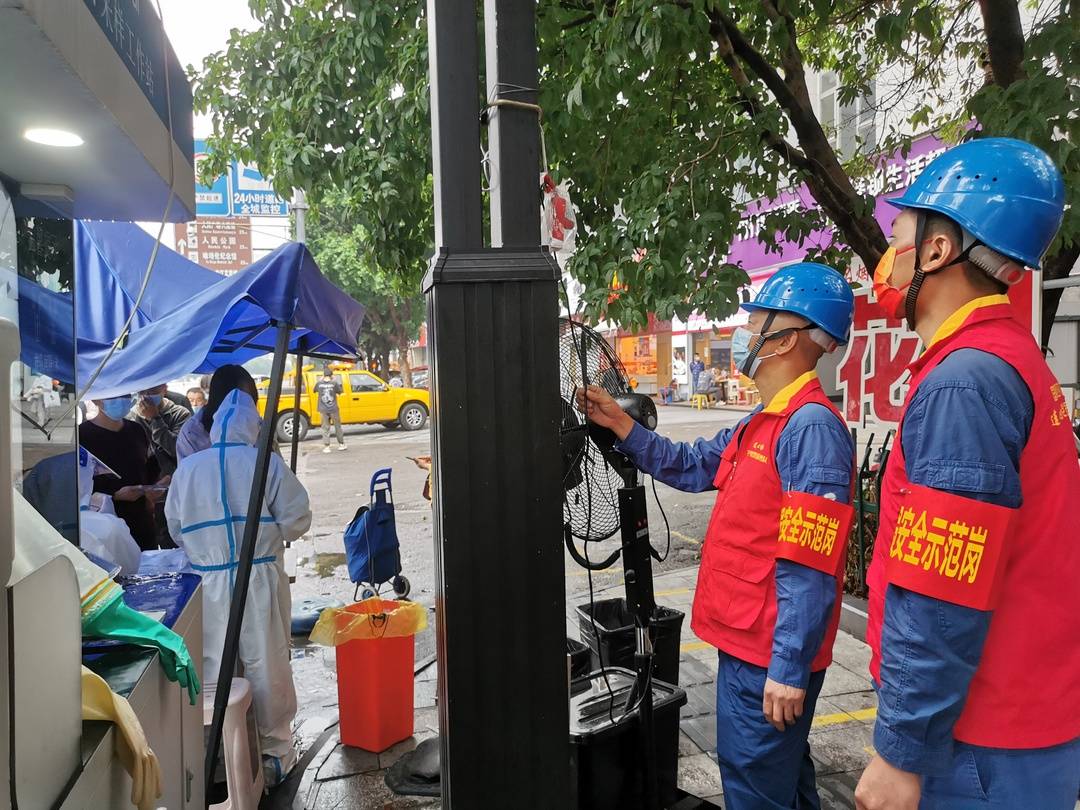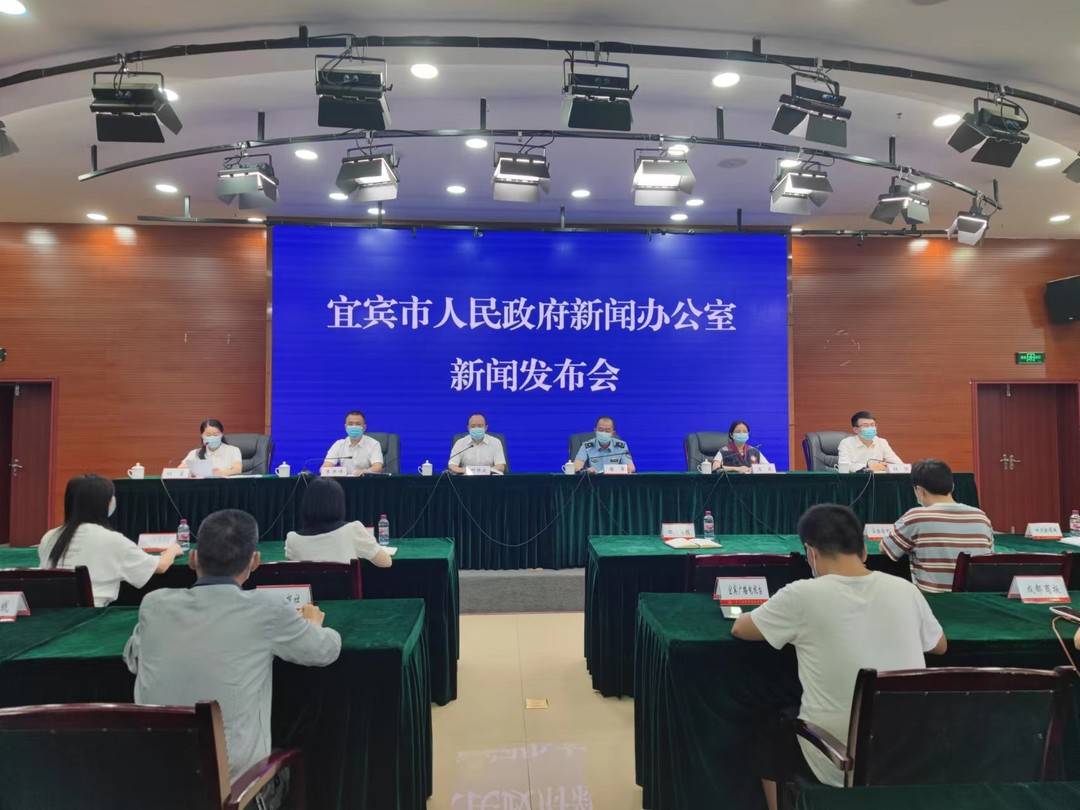EVAN studies for the first time confirmed the safety and efficiency of targeted therapy after lung cancer
Author:Guangming Daily client Time:2022.09.08
Lung cancer is one of the common malignant tumors of "double high" in my country. National cancer statistics released in 2022 show that the number of new cancer cases in my country in 2016 was 4.064 million, and the number of cancer deaths was 2.414 million, of which the number of lung cancer was 828,000, the number of deaths was 657,000, and the incidence rate mortality rate was Still ranked first. The latest global cancer burden released by the World Health Organization International Cancer Research Institute (IARC) shows that in 2020, there are 820,000 new cases of lung cancer in China, 710,000 deaths, which is much higher than other cancer species.
Thanks to the popularization of early screening methods and the development of medical technology, minimally invasive surgery represented by thoracoscopy and Da Vinci surgery robots continued to progress. Patients with early lung cancer were standardized and survival rates could reach more than 90%. However, for patients with medium and advanced lung cancer, simple surgery is not enough, and postoperative adjuvant treatment is needed.
For patients with clinical stages II and stage III post-III patients, whether it is China or foreign guidelines, it is recommended to carry out 3-4 cycles based on platinum-based auxiliary chemotherapy, but after evaluation, it is found that its effectiveness is not enough. Ideal, the 5-year survival rate is only about 5%, and 70%-80%of patients cannot benefit from theuxiliary chemotherapy, and the toxic response is large. How to conduct more accurate, safe and effective treatment for patients with lung cancer has become a problem that is urgent in the field of lung cancer diagnosis and treatment.
EVAN is a random control study conducted by Professor Wang Changli of the Department of Cancer Hospital of Tianjin Medical University Cancer Hospital. The efficacy and safety of patients' auxiliary treatment is a multi -center random II study. The latest results have been announced recently. For the first time in the world, the auxiliary targeted therapy was confirmed, which can safely and effectively improve the 5 -year disease -free survival rate of patients with non -small cell lung cancer in Phase IIIA mutations. Research on a targeted treatment of the total survival rate is positive.该研究结果“Updated Overall Survival and Exploratory Analysis From Randomized, Phase II EVAN Study of Erlotinib Versus Vinorelbine Plus Cisplatin Adjuvant Therapy in Stage IIIA Epidermal Growth Factor Receptor1 Non–Small-Cell Lung Cancer”(《厄洛替尼与对比长春瑞Bin/Platinum as an auxiliary therapy with EGFR mutation IIIA phase IIIA patients with the latest overall survival rate and exploration analysis of Phase II EVAN Studies in Phase II EVAN Research ") Recently, published on the top of tumor clinical research and ASCO official magazine Journal of Clinical Oncolgy (Clinical Oncology Magazine, 50.717 influencing factor), Professor Yue Dongsheng, a lung oncology department of Tianjin Medical University Cancer Hospital, is the first author of the article, and Professor Wang Changli is a communications author. A total of 16 hospitals in the country have completed the study.
It is understood that since 2010, Professor Wang Changli's team led the design and carried out EVAN research, bringing a new direction to postoperative diagnosis and treatment of lung cancer patients. This study has been included in 16 research centers nationwide. It is a forward -looking, open label, and random multi -center phase II clinical study. It is the first international postoperative targeted therapy and chemotherapy. Clinical research on the efficacy and safety of patients with non -small cell lung cancer. At the 2017 World Lung Cancer Conference, members of the research group first announced the results of EVAN research: the survival data between targeted drug groups and chemotherapy groups were significantly different. The two -year -old survival rate of the chemotherapy group is only 44%, and the three -year -old survival rate is lower, only 19.8%. The median survival time has doubled from the traditional chemotherapy group. Compared with postoperative routine chemotherapy, postoperative targeted therapy reduced patients with a two -year recurrence risk by 40%.
The result was published in the Liuye knife respiratory disease in 2018. Studies have confirmed that postoperative auxiliary targeted therapy is a safe and effective solution, which has a very far -reaching and important impact on postoperative adjuvant treatment of lung cancer. With the announcement of the results of the research, the 2018 auxiliary targeted therapy strategies were written into the 2018 edition of the 2018 "Specifications for the diagnosis and treatment of primary lung cancer" issued by the National Health and Health Commission and the 2018 version of "Non -small cell lung cancer. Consensus, at the same year's CSCO guide update meeting, as an auxiliary therapy for postoperative phase III patients in class Ⅰ evidence, it was written into the CSCO guide.
As of the end of 2020, the EVAN research after 10 years was finally completed. The data showed that the median survival time of targeted drug groups and chemotherapy groups was 84.2 months and 61.1 months, respectively. %. Compared with chemotherapy schemes, postoperative auxiliary targeted therapy has significantly improved the survival time and 5 -year disease -free survival rate of patients with positive non -small cell lung cancer patients in Phase IIIA. Increasing 33%, it has reached the postoperative survival data of patients with past II non -small cell lung cancer patients. The Journal of Clinical Oncolgy, which was released online in August 2022 (clinical oncology magazine, affected factors 50.717). At this point, EVAN has studied the world's first study to obtain positive survival rate positive results in postoperative auxiliary targeted therapy. For the first time, it has confirmed that postoperative auxiliary targeted therapy can safely and effectively improve the IIIA phase EGFR mutation non -small cell lung cancer 5 The annual survival rate of disease has provided more sufficient evidence for the application of postoperative auxiliary targeted therapy for patients with lung cancer. (Guangming Daily All -Media Reporter Tian Yating, correspondent Zhu Yun) Tianjin Medical University Cancer Hospital of Cancer Hospital

- END -
Timely processing fault allocation tram to support Neijiang power supply companies to fully ensure reliable power supply in key places for epidemic prevention prevention

Yi Yanling Cover Journalist Huang XiaoqingAt 8 am on September 9th, the lines of t...
Sichuan Yibin: The new crown virus in the infected person is highly homologous to some cases in the province that recently reported in the province

Cover reporter Wu XuemeiOn September 7, a press conference on the prevention and c...